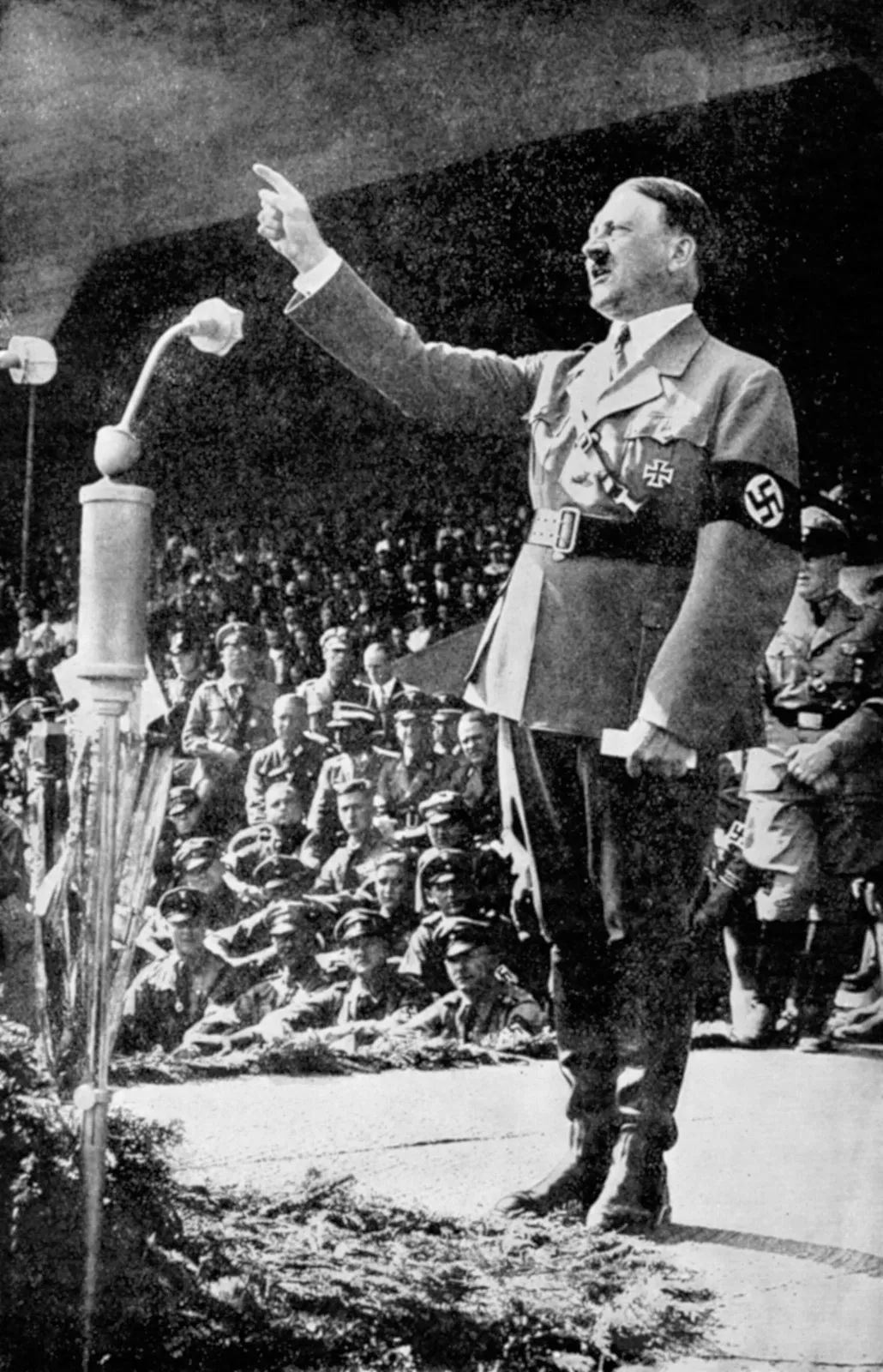
Early Life and Background
Adolf Hitler was born on April 20, 1889, in Braunau am Inn, Austria. He grew up in a lower-middle-class family and moved to Vienna in his youth, where he struggled as an aspiring artist. His time in Vienna exposed him to various nationalist and antisemitic ideologies that would later shape his worldview.
World War I and Political Beginnings
Hitler served as a soldier in World War I and was awarded the Iron Cross for bravery. After Germany's defeat, he joined the German Workers' Party in 1919, which later became the National Socialist German Workers’ Party (NSDAP or Nazi Party). He quickly rose through the ranks due to his oratory skills and propaganda techniques.
Rise to Power
In 1933, Hitler was appointed Chancellor of Germany. Following the Reichstag Fire and the Enabling Act, he consolidated power and established a totalitarian regime. The Nazi state suppressed opposition, controlled media, and promoted aggressive nationalism and racial ideology.
World War II
Hitler’s foreign policy aimed at expanding German territory, starting with the invasion of Poland in 1939, which triggered World War II. Over the next six years, Germany occupied much of Europe. Hitler’s military decisions, including the invasion of the Soviet Union and declaration of war on the United States, eventually led to Germany’s defeat.
The Holocaust
Under Hitler’s regime, the Nazis implemented the Holocaust—the systematic genocide of six million Jews, along with millions of Romani people, disabled individuals, political prisoners, and others deemed "undesirable" by Nazi ideology. Concentration and extermination camps like Auschwitz became symbols of industrial-scale murder.
Downfall and Death
As Allied forces closed in, Hitler remained in a bunker in Berlin. On April 30, 1945, he died by suicide alongside his longtime partner Eva Braun. A week later, Germany surrendered, ending the war in Europe.
Legacy
Hitler’s legacy is one of tyranny, genocide, and destruction. His actions led to the deaths of tens of millions and reshaped the geopolitical landscape of the 20th century. He remains a symbol of absolute dictatorship and the dangers of unchecked power and hate-fueled ideology.

You must be logged in to post a comment.